Are you considering adding a Dogue de Bordeaux to your family? Also known as the French Mastiff, this breed is known for its loyalty, courage, and affectionate nature. With their impressive size and muscular build, they make great guard dogs, but they are also gentle with children and make wonderful companions. Before making a decision, it’s important to learn more about the breed’s characteristics, temperament, and care requirements to ensure that a Dogue de Bordeaux is the right fit for your lifestyle and family.
Breed Category: Working
Country of Origin: France
Average Size:60-68 cm (at the shoulder)
Average Weight:54-66 kg
Average Life Span: 5-8 years
Grooming Requirements: Moderate
Exercise Requirements:Moderate
History and Origin
The Dogue de Bordeaux, also known as the French Mastiff, is a large and powerful breed of dog that originated in France. The breed has a long and fascinating history that dates back to ancient times. The Dogue de Bordeaux was originally bred for hunting, fighting, and guarding, and was highly valued for its strength, courage, and loyalty. Over the years, the breed has evolved and adapted to new roles, becoming a beloved companion and family pet.
The exact origins of the Dogue de Bordeaux are unclear, but it is believed that the breed is descended from ancient Molossian dogs that were used by the Romans for hunting and fighting. These dogs were brought to France by the Romans and were crossed with local breeds to create the Dogue de Bordeaux. The breed was used for a variety of purposes, including hunting wild boar, guarding estates, and fighting in the arenas.
During the Middle Ages, the Dogue de Bordeaux became a popular breed among the French nobility, who used them for hunting and as guard dogs. The breed was also used by butchers and cattle drivers, who relied on their strength and courage to protect their livestock from predators. In the 19th century, the breed was nearly extinct due to the rise of other breeds, such as the Bulldog and the Great Dane. However, a group of dedicated breeders worked to revive the breed, and it eventually regained its popularity.
In the early 20th century, the Dogue de Bordeaux was recognized as a distinct breed by the French Kennel Club. The breed was also used in World War I as a messenger and guard dog, and was highly valued for its bravery and loyalty. In the years following the war, the breed became increasingly popular in France and other parts of Europe, and was eventually introduced to the United States in the 1980s. Today, the Dogue de Bordeaux is a popular breed around the world, known for its strength, courage, and affectionate nature.
Despite its popularity, the Dogue de Bordeaux is still considered a rare breed, with only a few thousand registered each year. The breed is known for its large size, powerful build, and distinctive wrinkled face. It is also known for its loyalty and affectionate nature, making it a popular choice for families and individuals looking for a devoted companion. While the breed has a long and fascinating history,
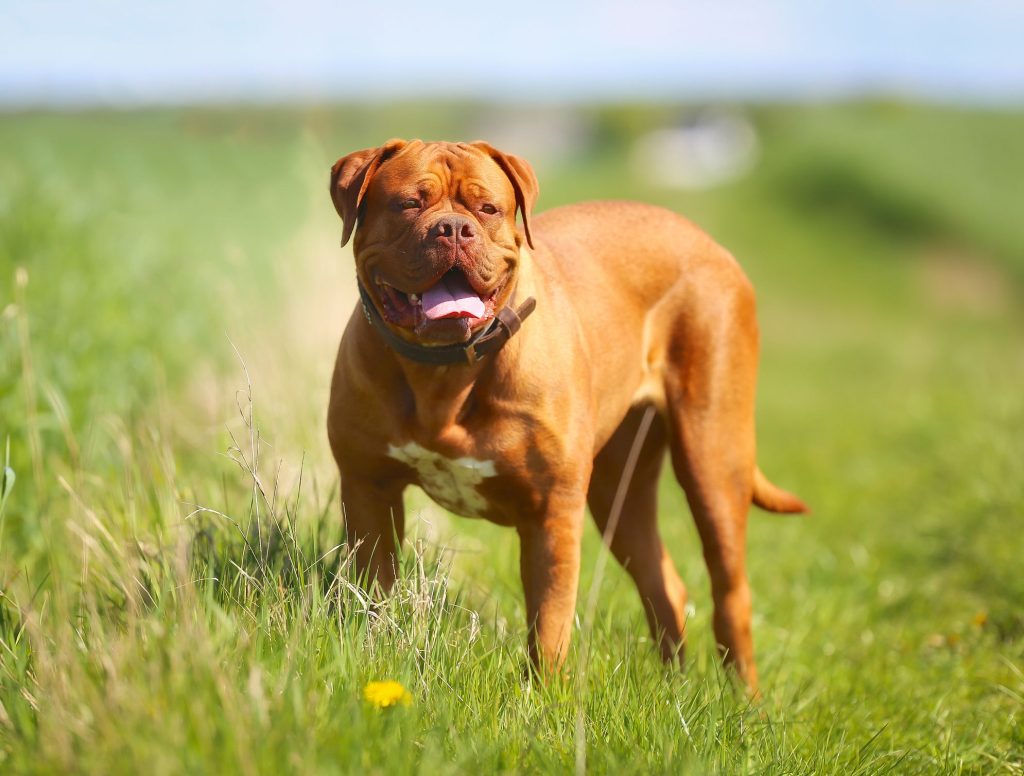
Size and Breed Category
The Dogue de Bordeaux is a large breed of dog that originated in France. They are classified as a molossoid breed, which means they have a solid and muscular build. The average weight of a male Dogue de Bordeaux is between 50-68 kg, while females weigh between 45-58 kg. They stand at a height of 60-69 cm for males and 58-66 cm for females. Their coat is short and smooth, and can come in shades of fawn, mahogany, and red.
The breed is known for their loyalty and protective nature, making them excellent guard dogs. They are also known for their calm and gentle temperament, making them great family pets. However, due to their large size and strength, they require proper training and socialization from a young age. The Dogue de Bordeaux is a breed that requires a lot of exercise and mental stimulation to keep them happy and healthy. They are not recommended for first-time dog owners or those who live in small apartments.
Fur Length and Colour
The Fur Length and Colour of the Dogue de Bordeaux is a defining characteristic of this breed. Their fur is short and dense, with a smooth texture that is soft to the touch. The fur is not long enough to form curls or waves, but it is long enough to provide some protection against the elements. The fur is also relatively easy to maintain, requiring only occasional brushing to remove loose hairs and keep the coat looking shiny and healthy.
The colour of the Dogue de Bordeaux’s fur is typically a rich shade of mahogany, with variations ranging from light to dark. Some dogs may have white markings on their chest or feet, but these are not common. The fur may also have a slight sheen or gloss, which adds to the breed’s overall appearance of strength and vitality. Overall, the Fur Length and Colour of the Dogue de Bordeaux is a key feature that sets this breed apart from others and makes them a popular choice for dog lovers around the world.
Termperament and Trainability
The Dogue de Bordeaux is a breed of dog that is known for its calm and gentle temperament. They are typically very loyal to their owners and are great with children. However, they can be quite stubborn at times and may require a firm hand when it comes to training. Despite this, they are generally very trainable and can excel in obedience and agility competitions. They are also known for their protective nature and make excellent guard dogs. Overall, the Dogue de Bordeaux is a great choice for families looking for a loyal and protective companion.
When it comes to trainability, the Dogue de Bordeaux is a breed that requires a lot of patience and consistency. They are not the easiest breed to train, but with the right approach, they can be taught a variety of commands and tricks. Positive reinforcement is key when it comes to training this breed, as they respond well to praise and rewards. They are also very food motivated, which can be used to your advantage during training sessions. It is important to start training your Dogue de Bordeaux from a young age, as they can become quite stubborn if they are not properly socialized and trained. With the right approach, however, they can be a joy to train and make excellent companions.
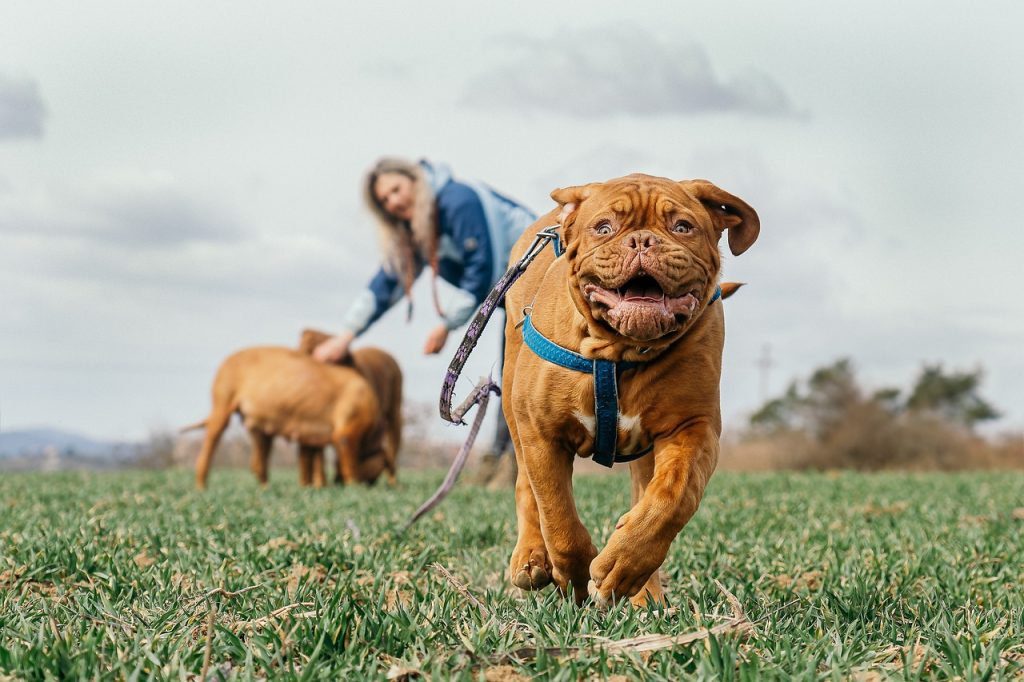
Known Health Conditions
Dogue de Bordeaux is a breed of dog that is prone to certain health conditions. One of the most common health issues that affect this breed is hip dysplasia. This condition occurs when the hip joint does not develop properly, leading to pain and discomfort. It can also cause arthritis and mobility problems. To prevent hip dysplasia, it is important to ensure that the dog’s diet is well-balanced and that they get enough exercise. Regular check-ups with a veterinarian can also help detect the condition early on.
Another health condition that affects the Dogue de Bordeaux is bloat. This is a serious condition that occurs when the stomach fills with gas and twists on itself, cutting off blood supply to the organs. It can be life-threatening if not treated promptly. Symptoms of bloat include restlessness, drooling, and a distended abdomen. To prevent bloat, it is important to feed the dog small, frequent meals and avoid exercise immediately after eating. Surgery may be necessary to correct the condition if it occurs.
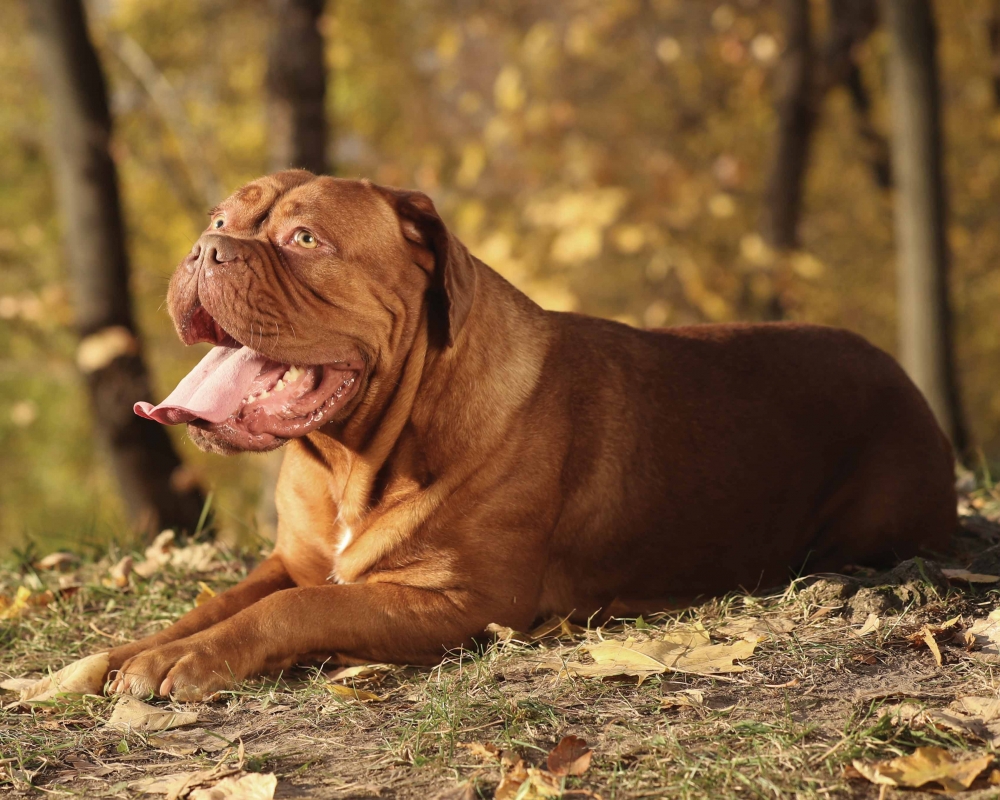
Openness to Strangers
The Dogue de Bordeaux is a French breed of dog that is known for its loyalty and protective nature. They are a muscular breed that can weigh up to 50kg and stand up to 68cm tall at the shoulder. Despite their imposing size, they are known to be friendly and affectionate towards their owners and those they trust. However, they can be wary of strangers and may take some time to warm up to new people. Once they do, they are known to be very loyal and protective of their new friends.
When it comes to strangers, the Dogue de Bordeaux can be a bit unpredictable. Some may be friendly and welcoming towards new people, while others may be more reserved and cautious. It is important to socialize them from a young age to help them feel comfortable around new people and situations. With proper training and socialization, they can learn to be more open and accepting of strangers. However, it is important to remember that they are a protective breed and may be wary of anyone they perceive as a threat to their family or home.
Playfulness Level
The Dogue de Bordeaux is a highly playful breed of dog that loves to engage in various activities. They are known for their energetic and lively nature, which makes them a great companion for families with children. These dogs are always up for a game of fetch or a run around the park, and they have a natural instinct to play and have fun. They are also very social animals and enjoy spending time with their owners and other dogs. Whether it’s playing with toys or chasing after a ball, the Dogue de Bordeaux is always ready for some fun.
Despite their large size, the Dogue de Bordeaux is surprisingly agile and loves to jump and climb. They are also very intelligent and enjoy learning new tricks and commands. This makes them an excellent candidate for agility training and other dog sports. However, it’s important to note that the Dogue de Bordeaux can be quite stubborn at times, so training may require some patience and persistence. Overall, the playful nature of the Dogue de Bordeaux makes them a great addition to any family that loves to have fun and stay active.
Suitability as a Pet for Children
The Dogue de Bordeaux is a muscular and powerful breed that originated in France. They have a short, smooth coat that comes in shades of fawn, mahogany, and red. This breed is known for being loyal, affectionate, and protective of their family. They are also patient and gentle with children, making them a suitable pet for families with kids. However, due to their size and strength, it is important to supervise interactions between children and the Dogue de Bordeaux to prevent accidental injuries.
Exercise Needs
Dogue de Bordeauxs require a significant amount of exercise to maintain their physical and mental health. As a large breed, they need plenty of space to run and play, making them better suited to homes with a garden or access to open spaces. A daily walk of at least an hour is recommended, but they will benefit from additional exercise such as playing fetch or going for a swim. It is important to note that they should not be over-exercised as this can lead to joint problems, particularly in their hips and elbows. Regular exercise will also help to prevent obesity, which can lead to a range of health issues.
In addition to physical exercise, Dogue de Bordeauxs also require mental stimulation to prevent boredom and destructive behaviour. Interactive toys and games, such as puzzle feeders, can provide mental stimulation and help to keep them entertained. Training sessions can also be a great way to provide mental stimulation and strengthen the bond between owner and dog. It is important to remember that Dogue de Bordeauxs are a sensitive breed and respond best to positive reinforcement training methods. Consistency and patience are key when training this breed, and it is important to start training from a young age to establish good habits and prevent behavioural issues.
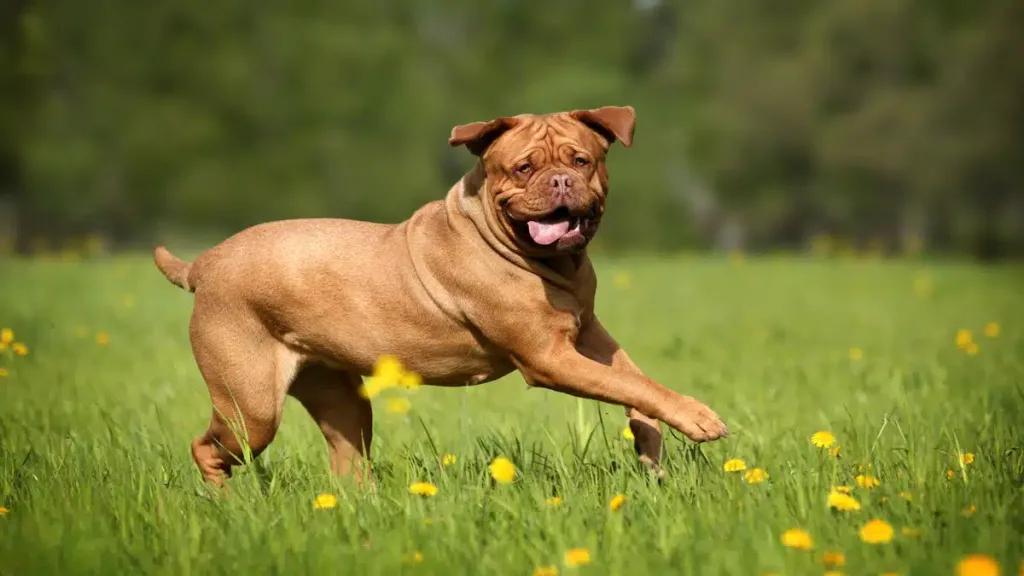
Suitability for a Multi-Pet Family
Dogue de Bordeaux can be socialized to get along with other pets in the household. It is important to introduce them to other animals at a young age and supervise their interactions. They may have a tendency to be dominant, so it is important to establish clear boundaries and rules for all pets in the household. With proper training and socialization, they can coexist peacefully with other pets.
Housing Requirements
Dogue de Bordeauxs require a spacious living area that is well-ventilated and temperature-controlled. They need a comfortable and dry place to sleep, such as a dog bed or crate, that is large enough for their size. The flooring should be non-slip and easy to clean, as they tend to drool and shed. Additionally, they require access to a secure outdoor area where they can exercise and relieve themselves. The outdoor area should be fenced and free from hazards, such as sharp objects or toxic plants. It is important to provide them with plenty of mental and physical stimulation to prevent boredom and destructive behavior.
Dogue de Bordeauxs have a short coat that requires minimal grooming, but they do shed moderately throughout the year. They are prone to obesity, so it is important to provide them with a balanced diet and regular exercise. They are also prone to certain health issues, such as hip dysplasia and heart problems, so regular veterinary check-ups are recommended. They are a loyal and affectionate breed that thrives on human companionship, so they should not be left alone for long periods of time. Proper socialization and training are essential to ensure they are well-behaved and obedient.
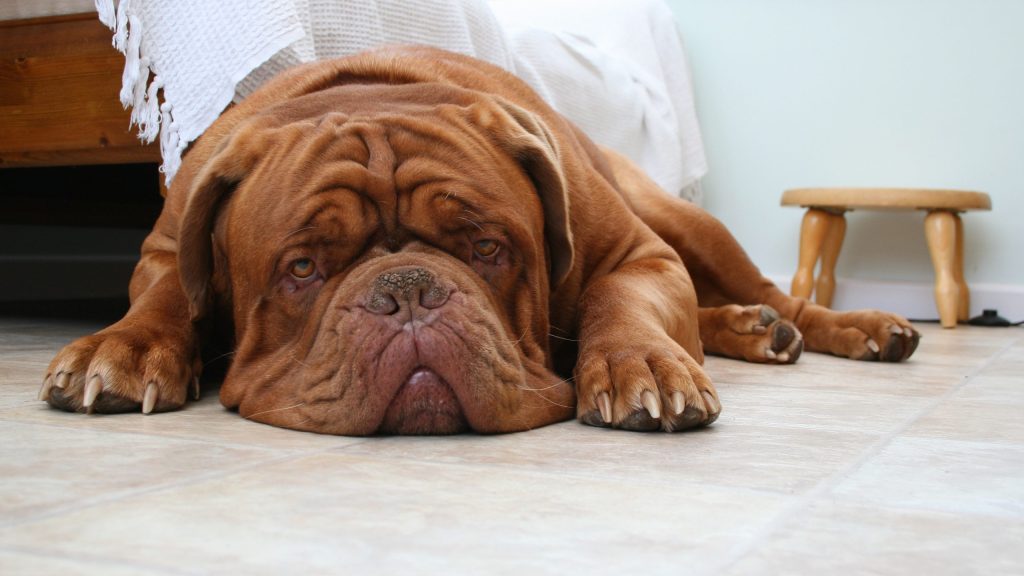
Summary
The Dogue de Bordeaux has a reputation for being a loyal and affectionate companion, making them a suitable pet for those seeking a devoted and loving canine companion. They are known to be calm and patient with children, making them a great family pet. However, due to their large size and strength, they require an experienced owner who can provide them with proper training and socialization. Additionally, they have a tendency to drool and snore, which may not be suitable for all households. Overall, the Dogue de Bordeaux can make a wonderful pet for the right owner who is willing to provide them with the care and attention they require.
Dogue de Bordeaux Dog FAQS
Yes, Dogue de Bordeaux are known for their gentle and patient nature, making them great with children. However, supervision is always recommended.
Yes, like many large breeds, Dogue de Bordeaux are prone to certain health issues such as hip dysplasia, heart problems, and bloat. Regular vet check-ups are recommended.
Yes, Dogue de Bordeaux are protective of their family and can make good guard dogs. However, proper socialization and training are necessary.
Yes, Dogue de Bordeaux have a short, dense coat that sheds moderately throughout the year. Regular brushing can help manage shedding.
Dogue de Bordeaux are not high-energy dogs and require moderate exercise, such as a daily walk or playtime in a fenced yard.
The amount of food a Dogue de Bordeaux needs depends on their age, weight, and activity level. Generally, they require 3-4 cups of high-quality dog food per day, divided into two meals.
Dogue de Bordeaux have a naturally oily coat and should only be bathed when necessary, typically every 2-3 months.
The average height of a male Dogue de Bordeaux is 60-68 cm, while females are 58-66 cm tall.
The average weight of a male Dogue de Bordeaux is 50-68 kg, while females weigh 45-59 kg.
The average lifespan of a Dogue de Bordeaux is 8-10 years. Proper diet, exercise, and veterinary care can help extend their lifespan.
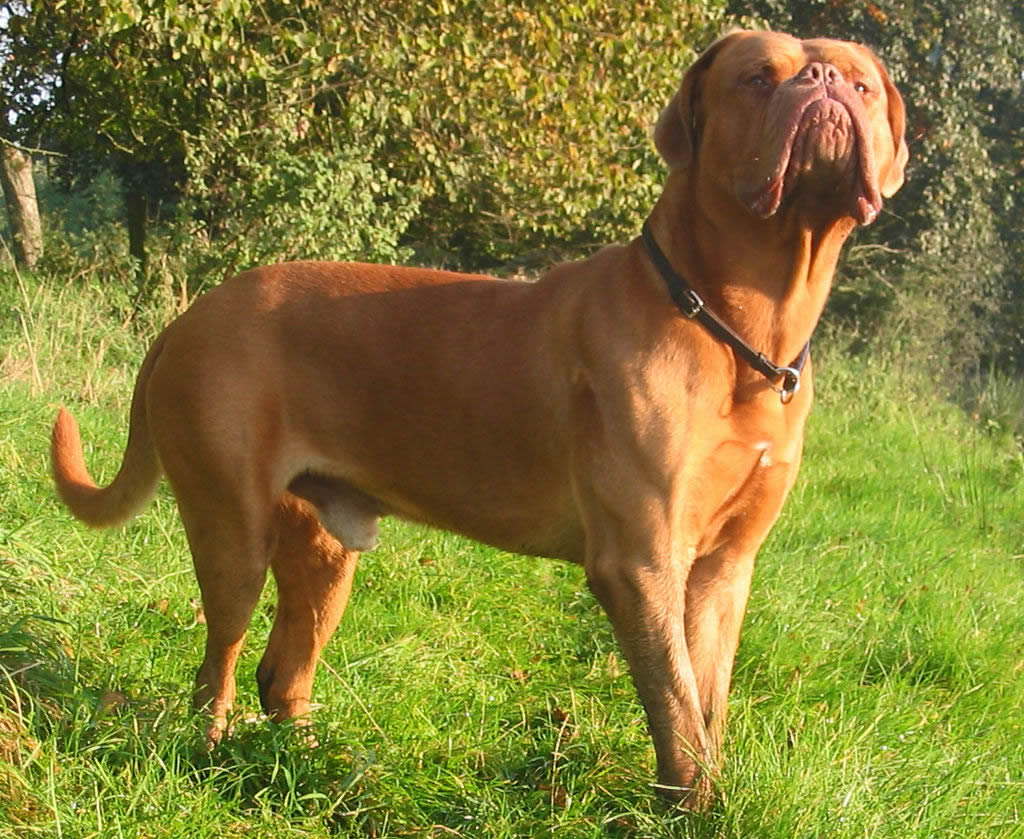
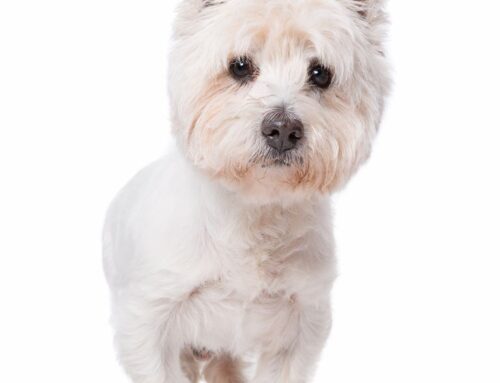
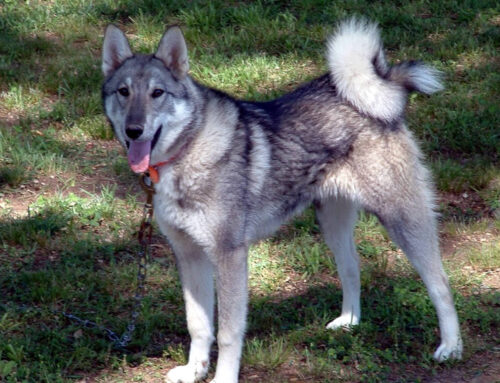
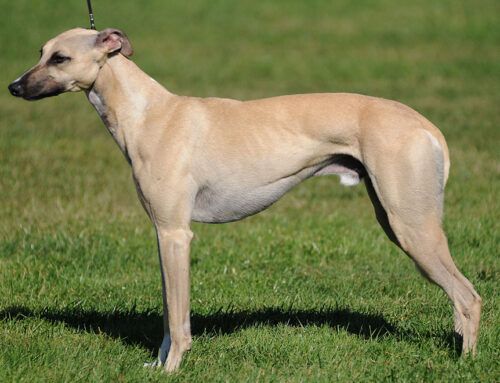
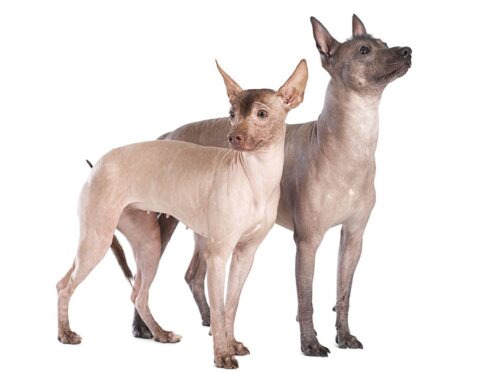
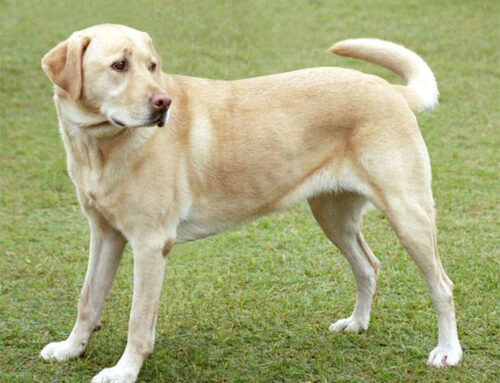
Leave A Comment